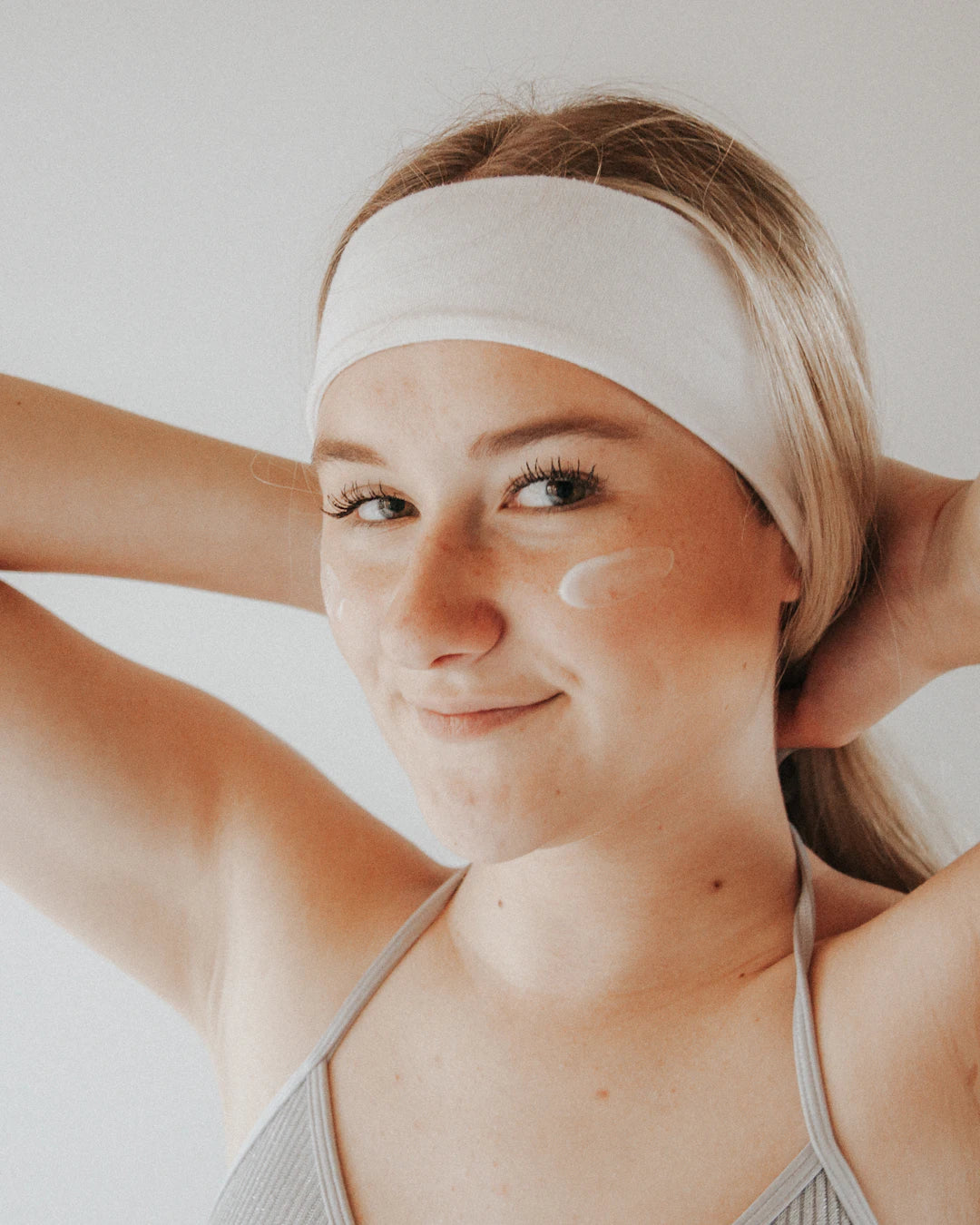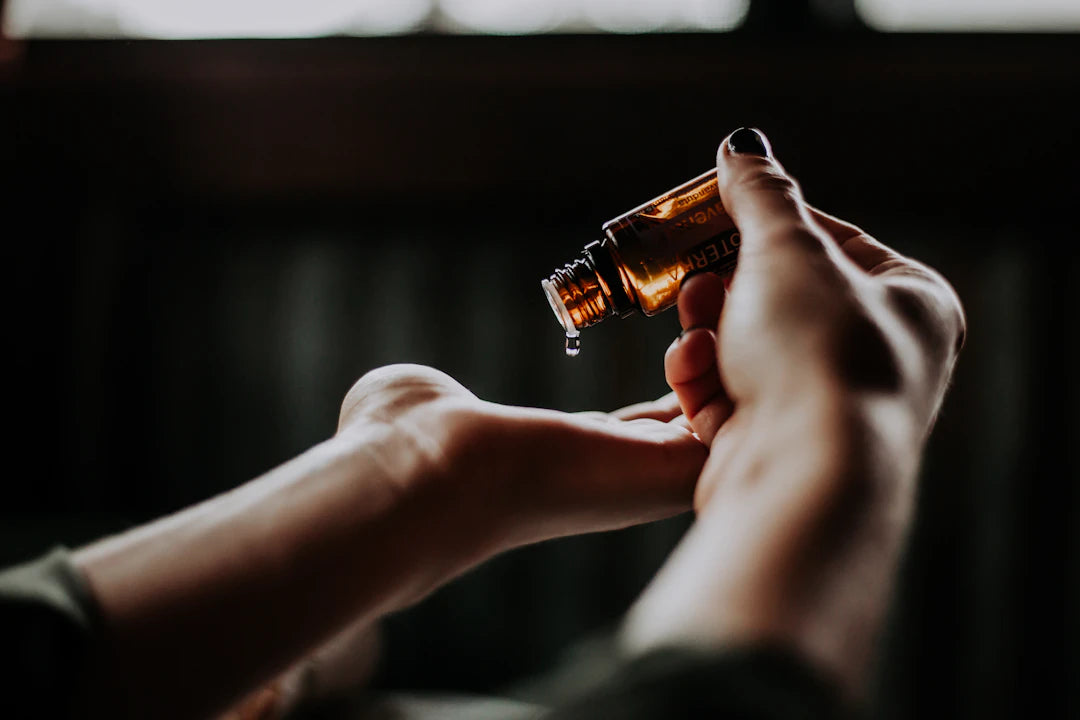Top Sun Protection Tips for Flawless Skin

Frequently Asked Questions
1. Why is sun protection essential?
2. What does SPF stand for and why is it important?
3. How often should I reapply sunscreen?
4. What types of clothing can help protect my skin from the sun?
5. How can I incorporate antioxidants into my skincare routine?
In today's world, sun protection is essential for maintaining healthy, beautiful skin. The sun can cause various skin issues, not just sunburns! Over time, UV radiation can lead to premature aging, fine lines, and even skin cancer. Therefore, understanding best practices for sun protection is crucial, and incorporating them into your daily routine can set the stage for vibrant, youthful skin. In this article, we’ll explore the top sun protection practices that everyone should follow, ensuring your skin stays flawless and radiant.
Why Sun Protection is Essential
The sun emits two types of harmful ultraviolet rays: UVA and UVB. While UVB rays are primarily responsible for sunburn, UVA rays can penetrate the skin more profoundly, leading to long-term damage such as skin aging and skin cancer. This is why adequate sun protection is vital if you want to maintain your skin's health and boost the effectiveness of products like your skin repair serum.
Understanding SPF
SPF, or Sun Protection Factor, measures how well a sunscreen can protect your skin from UVB rays. An SPF of 30 blocks approximately 97% of UVB radiation, while SPF 50 blocks about 98%. However, the higher the SPF, the longer you can be exposed to the sun without burning. Here are some crucial points to consider:
- Choose a broad-spectrum sunscreen that protects against both UVA and UVB rays.
- Use a sunscreen with at least SPF 30 for daily use, especially during peak sun hours.
- Check the expiration date of your sunscreen to ensure it’s still effective.
Daily Application of Sunscreen
One of the best practices for sun protection is to apply sunscreen daily. Many people think sunscreen is only necessary on sunny days or when going to the beach, but protecting your skin should be part of your everyday routine. Here's how and when to apply it:
How to Apply Sunscreen
For maximum protection, it’s essential to apply sunscreen correctly:
- Apply sunscreen generously to all exposed skin, even on cloudy days.
- Use about a teaspoon of sunscreen for your face alone and enough to cover your body adequately.
- Be sure to apply it at least 15-30 minutes before sun exposure for optimal effectiveness.
Reapplication Makes a Difference
Reapplying sunscreen is just as critical as the initial application. If you are sweating or swimming, you will need to reapply every two hours, or immediately after towel drying. Even if you're just sitting outdoors, reapplying sunscreen ensures continued protection against harmful rays.
Clothing as Protection
While sunscreen is crucial, it’s not your only line of defense. Clothing can significantly reduce UV exposure, helping to keep your skin safe. Here are ways to use clothing effectively as a barrier against the sun:
Choose UPF Clothing
UPF (Ultraviolet Protection Factor) clothing is designed to protect your skin from UV radiation. The higher the UPF rating, the better the protection. When shopping for outdoor apparel, look for clothing labeled with a UPF rating, which can be particularly beneficial during outdoor activities.
Opt for Sun-Protective Accessories
- A wide-brimmed hat shields your face and neck from direct sunlight.
- UV-blocking sunglasses protect your eyes (and the sensitive skin around them) from UV damage.
- Long-sleeve shirts and trousers provide an added layer of defense, especially in summer.
Stay in the Shade
Whenever possible, seek shade, especially during peak sun hours, typically from 10 a.m. to 4 p.m. Finding shade can help minimize direct sun exposure and reduce your risk of sun damage. If you're outdoors:
- Set up umbrellas or canopies during picnics or beach outings.
- Plan outdoor activities for the early morning or late afternoon.
Incorporate Antioxidants into Your Routine
Using skin repair serums that contain antioxidants can help combat the effects of sun damage. Antioxidants neutralize free radicals generated by UV radiation, potentially reducing inflammation and encouraging healing. Here’s how to incorporate antioxidants effectively:
Choose the Right Ingredients
Look for serums with vitamin C, vitamin E, and ferulic acid. These ingredients work synergistically to provide powerful protection against UV damage. By applying these antioxidants in conjunction with your sunscreen, you can boost your skin's natural defenses and enhance its overall health.
Timing Matters
For the best results, apply your skin repair serum before your sunscreen. This allows the antioxidants to penetrate the skin effectively, enhancing protection against sunlight damage. Following this two-step approach can be a game-changer in your skincare routine.
Hydration and Nutrition
Hydration plays a significant role in skin health. Drinking plenty of water daily not only keeps your skin hydrated but also aids in its repair. Similarly, consuming a balanced diet rich in fruits and vegetables can provide essential nutrients needed for maintaining healthy skin.
- Include foods rich in omega-3 fatty acids, like fish, walnuts, and flaxseeds, which can help improve your skin’s barrier function.
- Eat a variety of colorful fruits and vegetables high in antioxidants, like berries, carrots, and spinach, to combat oxidative damage.
Regular Skin Checks
Monitoring the health of your skin is essential. Conduct regular self-examinations to identify any unusual spots or changes in your skin, as early detection of issues can make a significant difference. If you notice any changes, consult a dermatologist as soon as possible.
Professional Dermatological Advice
Schedule regular visits with a dermatologist for professional skin checks. These specialists can recommend appropriate treatments or products tailored to your skin type, further enhancing your sun protection and skin care routine.
Sun Safety for All Ages
Sun protection is not just for adults; it’s crucial for children and adolescents, too. Teaching the younger generation about the importance of sun safety can set the stage for a lifetime of healthy skin.
- Use sunscreen on your children, and make it a fun routine!
- Encourage wearing protective clothing and sunglasses.
Final Thoughts on Radiant Skin
Incorporating these sun protection practices into your daily routine not only helps shield your skin from potential damage but also supports the effectiveness of your skin repair serum and antiaging strategies. By prioritizing sun safety, hydrating adequately, maintaining a balanced diet, and seeking professional care when needed, you'll be on your way to luminous, youthful skin. Embrace these habits and relish in the confidence of having skin that stands the test of time!


